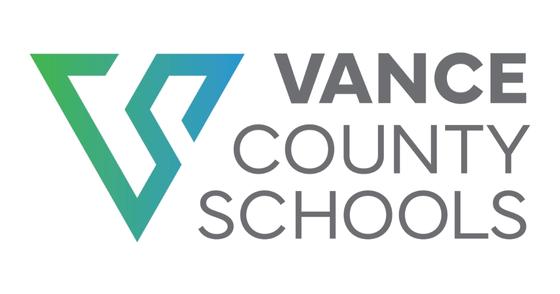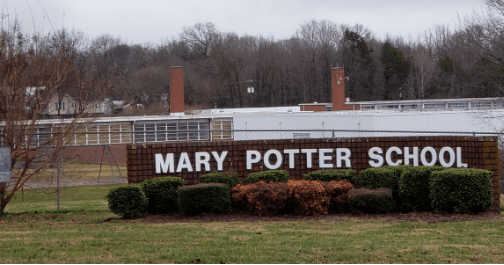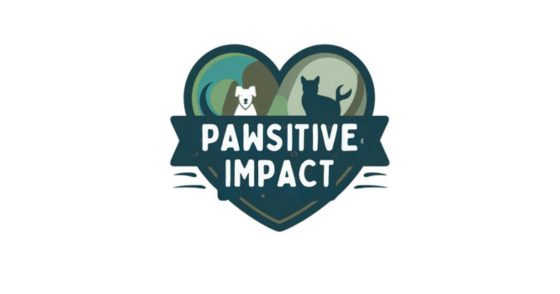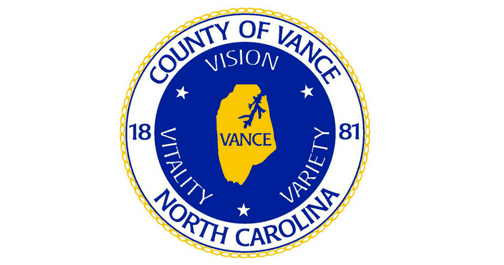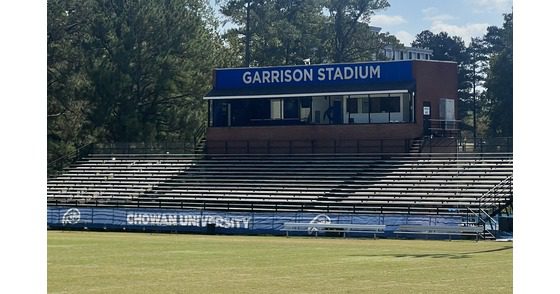WASHINGTON, DC – Yesterday, Congressman G. K. Butterfield (D-NC-01) joined U.S. Senators Michael Bennet (D-CO), Marco Rubio (R-FL), Chris Van Hollen (D-MD), and Cory Gardner (R-CO), along with U.S. Representatives Michael T. McCaul (R-TX-10), Sean Duffy (R-WI-07), and Yvette Clarke (D-NY-09) to reintroduce the RACE for Children Act (Research to Accelerate Cures and Equity for Children Act) to support the development of innovative and promising cancer drugs for children.
The bipartisan bill, first introduced in the 114th Congress, would update the Pediatric Research Equity Act (PREA) to reflect the latest advances in cancer drugs. PREA was enacted by Congress in 2003 to address the scarcity of information about how to treat children with drugs developed for adults, and therefore develop pediatric data during drug development. Although PREA has resulted in new information on how to treat children for a multitude of drugs over the years, there are still limited pediatric studies for cancer drugs.
“As co-chair of the Childhood Cancer Caucus, I am proud to join my colleagues in introducing the RACE for Children Act,” Butterfield said. “Researchers in North Carolina and across the country are taking promising steps in diagnosing and treating children with cancer. Still, the law lags behind the current advances in treatment of childhood cancer. This bill will update the law to provide researchers with the tools they need to accelerate the search for innovative, life-saving treatments for childhood cancers.”
“In Colorado and around the country, researchers are making dramatic advances to treat and cure cancer, but there is even more we can do for our kids,” Bennet said. “This legislation is a necessary update to our laws and has the potential to save thousands of children’s lives. I look forward to continue working with parents, researchers, and other advocates to advance this bill to expand treatment options for children.”
“Pediatric cancer impacts too many families in Florida and across the nation, including my own,” Rubio said. “I am proud to reintroduce the RACE for Children Act, which would encourage more treatment options for children battling against cancer. This bill takes a further step in extending medical advances in adult cancer treatment to children fighting this horrific disease. I am especially honored to reintroduce this bill on behalf of the many advocates who have relentlessly fought to get more attention, funding and resources for childhood cancer. I look forward to continuing my work with them to make this crucial legislation a law.”
“No childhood should be interrupted by a struggle for survival, but cancer tragically puts far too many kids in Maryland and across the country in a battle for their lives,” Van Hollen said. “Researchers at institutions like the National Institutes of Health have made important progress on cancer research, and our laws need to reflect this. Our bill would update statutes around drug development to reflect recent advancements to research, which will help save children and their families from the misery of this horrific disease.”
“The RACE for Children Act has the potential to increase access of life-saving cancer treatment and treatment for other serious illnesses for children by expanding pediatric studies,” Gardner said. “This bipartisan, commonsense legislation paves the way for scientific breakthroughs and has the potential to not only mitigate suffering for pediatric cancer patients, but also save lives.”
“Researchers have made tremendous strides in fighting cancer in adults, using ‘molecular targeting’ to precisely attack cancer cells,” McCaul said. “However, current law does not reflect such advances in cancer drug development because these therapies have been under-studied in pediatric cancer. As the founder of the Childhood Cancer Caucus, I am pleased to re-introduce the RACE for Children Act because it will modernize current law to require pediatric studies for the most promising and innovative cancer treatments. I look forward to continuing the good fight with my colleagues and the advocacy community to give hope to the approximately 15,000 children and adolescents diagnosed with cancer each year.”
“We’ve come a long way in the battle against childhood cancer, but we need the RACE for Children Act to beat this disease,” Duffy said. “Our laws must be brought into the twenty-first century so that our nation’s children can benefit from cutting-edge research and development.”
“More children are lost to cancer in the U.S. than any other disease. In fact, before they turn 20, about 1 in 285 children in the U.S. will have cancer—a tragedy that touches too many American families,” Clarke said. “I’m proud to join with my colleagues in introducing The RACE for Children Act, which will help advance research into lifesaving cures. Together, we can promote the development of new treatments and combat this deadly disease.”
PREA does not apply to cancer because children’s cancers arise in different organs than adult cancers, and as a result, most pharmaceutical companies receive waivers from PREA obligations. However, scientific advances have shown that some childhood and adult cancers may share the same molecular targets, and cancer drug development is now focused on advancements in molecular targets.
The RACE for Children Act would update PREA by reflecting this new and promising approach to cancer drug development using molecular targets. Unlike the current structure of PREA, which applies to specific indications or specific types of cancer, this legislation would allow PREA to focus on a molecular target in a specific adult cancer when the same target presents in another childhood cancer. Currently, a PREA exemption may also be applied if the company studies the drug in an adult cancer that occurs in less than 200,000 patients. The bill would allow pediatric studies with a particular molecular target to still be considered for these cancers.
The bill is supported by the Duke University Medical Center, Children’s Hospital Colorado, Children’s Hospital of Philadelphia, Children’s Medical Center of Dallas, Dana-Farber Cancer Institute, Harvard Medical School, MD Anderson Cancer Center, Memorial Sloan Kettering Cancer Center, Nemours Children’s Health System, NYU Langone Medical Center, St. Jude Children’s Research Hospital, Texas Children’s Hospital, and more than 100 pediatric cancer advocacy organizations.
###


